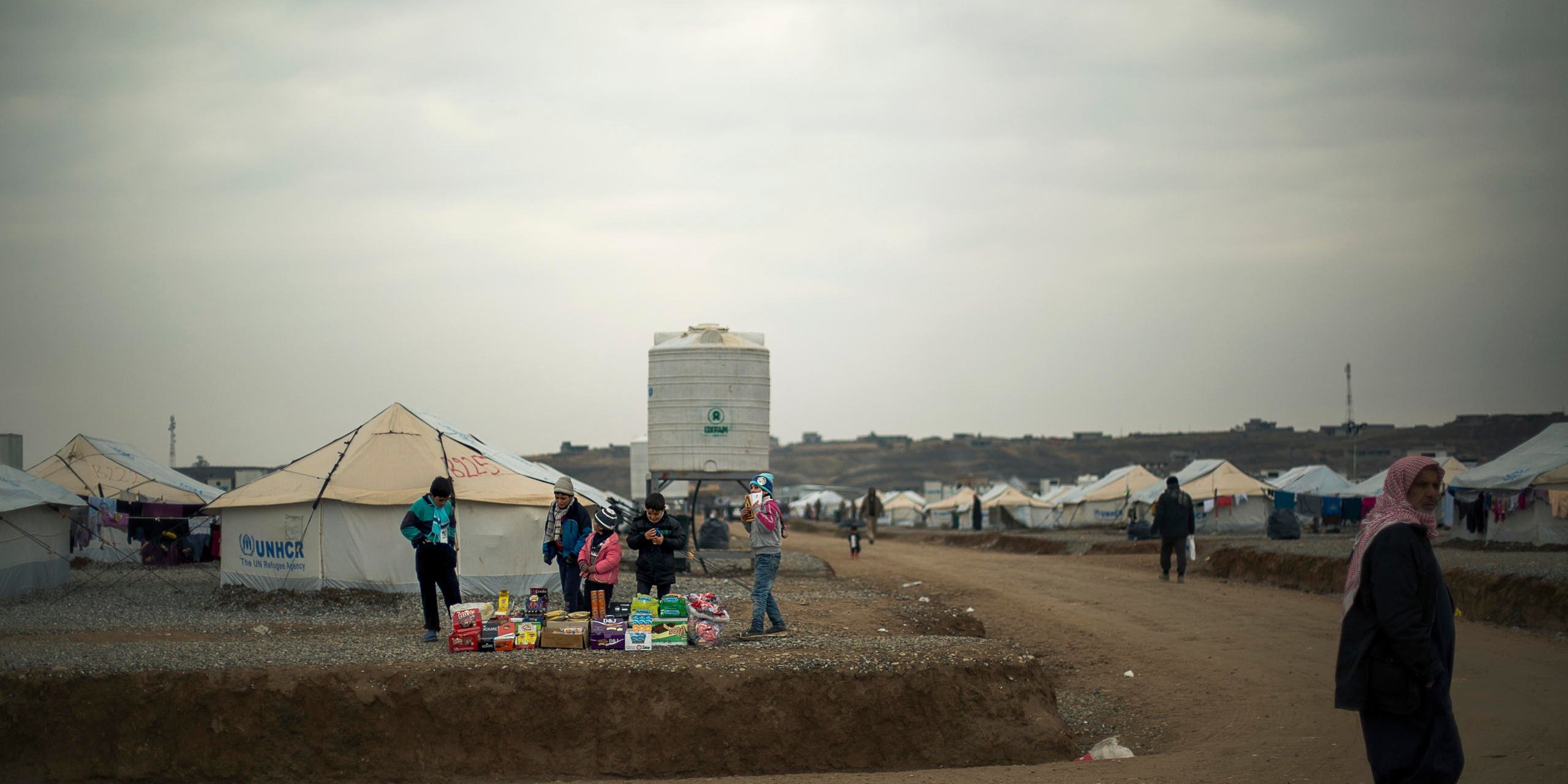
The Norwegian Refugee Council’s (NRC) Country Director in Iraq, Wolfgang Gressmann said: “The rate of civilian casualties remains worryingly high as people are not able to flee to safety. Among the ones who have escaped, we are meeting Iraqis with urgent medical needs. Some have told us they walked for over ten hours in the cold without any water or food, and they are in need of a roof over their heads, warm clothes, medical assistance, and food and water. Those still trapped inside Mosul city are in even graver danger due to the fighting and shortages and, 100 days since the fighting started, we still have no way to reach them.”
The new year started with more civilian casualties and more people displaced in Iraq, which is currently undergoing one of the most complex and volatile conflicts in the world. More than 180,000 Iraqis are currently displaced as a result of the fighting in Mosul city, which started on 17 October.
A survey carried out by NRC last month among displaced Iraqis from Mosul found a remarkable majority optimistic about returning home one day and living safely in their country. Sixty per cent desired to return back to their homes as soon as conditions allow, and a similar percentage of Iraqis interviewed said they preferred staying in Iraq even if they had the chance to leave to another country. For the families who have returned to areas retaken by the Government, the conditions have barely improved. Many are living in unsafe conditions, without access to services, education, and job opportunities.
“Iraqis have not given up on a safe and peaceful future after more than a decade of conflict and suffering,” Gressmann said. “We have yet to see a concerted plan by the international community on how it will support the Iraqi government to make sure this happens. While aid agencies are providing emergency relief, this is not enough unless Iraqis can live in peace and side by side. We now have the chance to make sure that their optimistic hopes, rather than their worst fears, become a reality.”
Since the start of the Mosul campaign, NRC has reached over 100,000 people with emergency water, food, and hygiene items, across the Mosul corridor and in the displacement camps.

